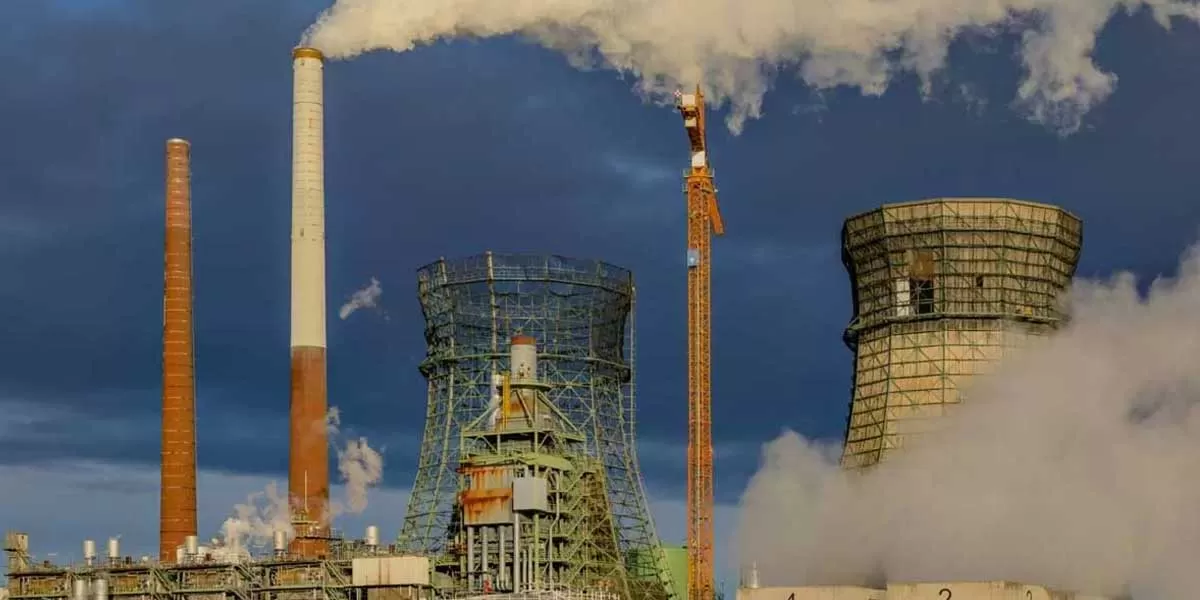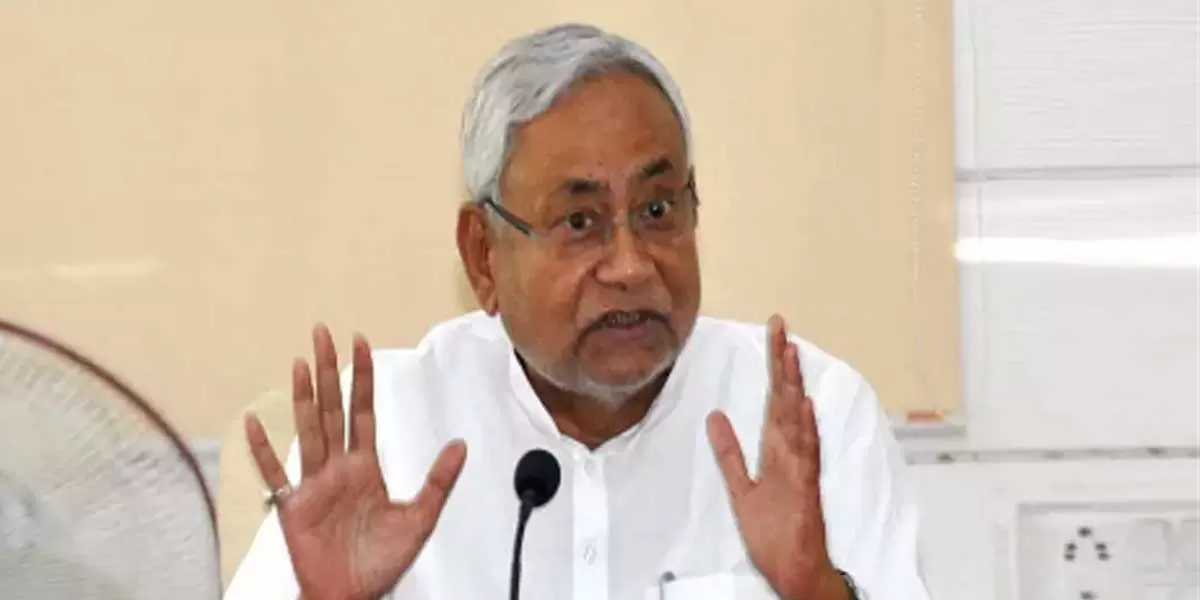


Kerala HC Orders Demolition, Reconstruction of Chanderkunj Army Towers
The Kerala High Court has ordered the demolition and reconstruction of Towers B and C of the Chanderkunj Army Towers at Silver Sand Island, Vyttila, citing severe structural distress. The verdict follows a prolonged legal battle over the poor quality of construction, despite the Army Welfare Housing Organisation (AWHO) arguing for retrofitting instead of demolition. Justice CP Mohammed Nias ruled that the demolition was necessary to prevent casualties and safeguard residents. The court directed the district collector to form a committee comprising an experienced structural engineer, two r..

Nitish Kumar Unveils Rs 13.28 Billion Projects in Bhagalpur
Chief Minister Nitish Kumar inaugurated 146 development projects worth Rs 13.28 billion during his ‘Pragati Yatra’, urging officials to accelerate the region’s progress. The projects span multiple sectors, including 18 smart city initiatives, six schemes for the building department, 32 for rural development, and several others covering road construction, health, and SC/ST welfare. Additionally, Kumar laid the foundation stone for 63 new projects, with 35 dedicated to rural development. During his visit, he launched key initiatives at Bihar Agricultural University in Sabour, inc..

Indian Railways Upgrades 23,000 Track Kilometres for 130 kmph Speed
Indian Railways has upgraded over 23,000 track kilometres (TKM) to support speeds of up to 130 kmph, marking a significant milestone in its modernisation efforts. This initiative enhances connectivity, reduces travel time, and strengthens safety measures through advanced signalling and fencing systems. Key sections of the Golden Quadrilateral and Golden Diagonal networks—critical corridors linking major cities—are now equipped for higher speeds, improving passenger and freight movement. Additionally, 54,337 TKM of tracks have been upgraded for speeds up to 110 kmph, further boosting n..













